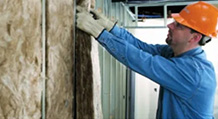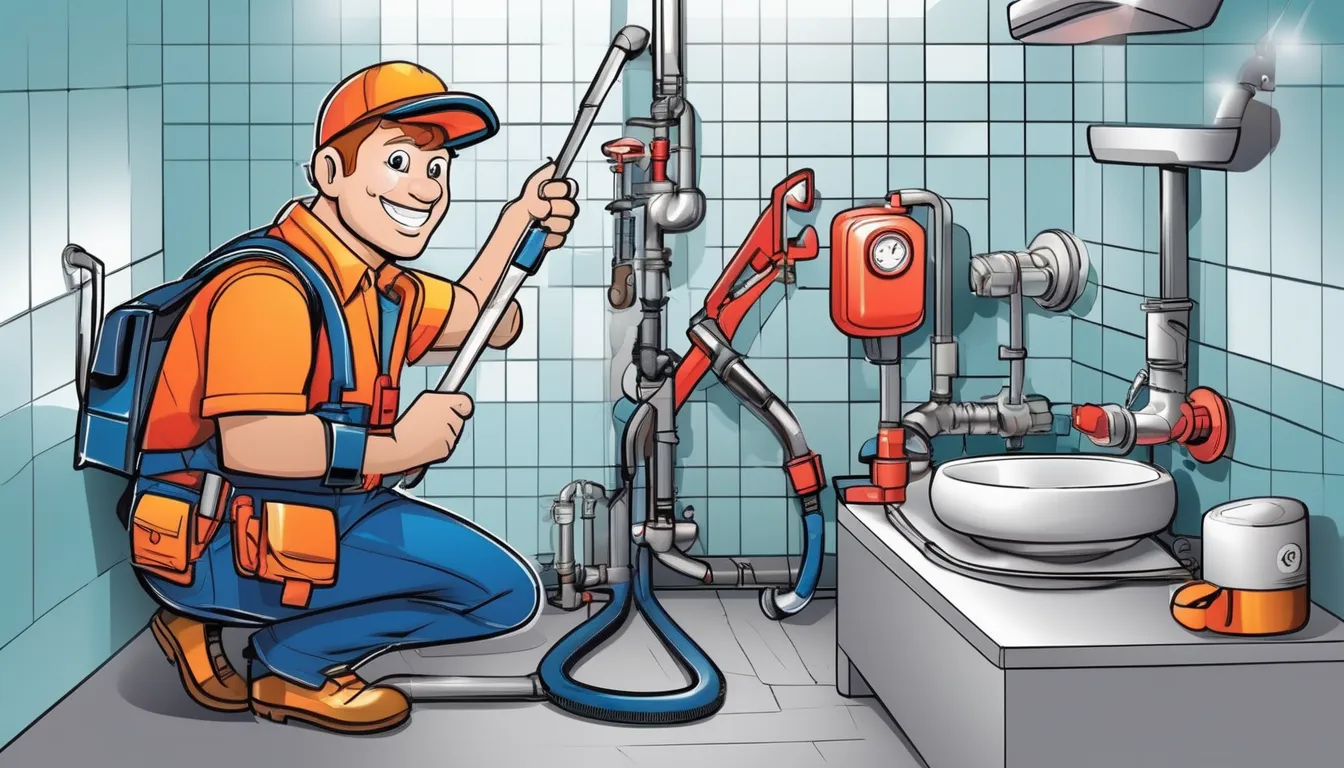
As you consider upgrading your home's insulation, you're likely wondering how to balance quality and affordability. You're not alone in seeking a solution that meets your budget and climate needs. With various insulation types available, such as fiberglass batt, spray foam, and cellulose, it's essential to understand the factors that affect their costs. So, what drives the price of insulation services, and how can you find a provider that offers competitive pricing without compromising on quality? The answer lies in understanding the intricacies of insulation costs and services, which we'll explore further.
Benefits of Affordable Insulation
Investing in affordable insulation can significantly reduce your energy bills, as it helps to minimize heat loss during winter and heat gain during summer. Not only will this save you money, but it'll also make your home more comfortable to live in.
With affordable insulation, you can enjoy a cozier space during the cold months and a cooler space during the warm months.
Affordable insulation also helps to reduce noise pollution, creating a more peaceful environment in your home. By reducing the noise that enters or escapes your home, you can enjoy a more serene living space.
Additionally, insulation can help to increase the value of your home. When it comes time to sell, a well-insulated home is a major selling point, as it's seen as a valuable feature by potential buyers.
Factors Affecting Insulation Costs
Considering the various factors that affect insulation costs is essential when it comes to planning and budgeting best insulation solution your insulation project.
Understanding these factors will help you anticipate and prepare for the expenses involved in insulating your home.
As you plan your insulation project, you'll need to consider several key factors that influence the overall cost.
Some of the key factors that affect insulation costs include:
- *Location and climate*: Insulation costs vary depending on your location and the local climate. Areas with extreme temperatures or weather conditions may require more specialized insulation materials, increasing the cost.
- *Size and complexity of the project*: Larger homes or those with complex architectural features may require more insulation materials and labor, increasing the cost.
- *Type and quality of insulation materials*: Different insulation materials have varying price points, and the quality of the materials can also impact the overall cost.
- *Labor costs and installation requirements*: The cost of labor and the complexity of the installation process can also affect the overall cost of your insulation project.
Types of Home Insulation Services
In the pursuit of a more energy-efficient home, you've got several options to choose from when it comes to insulation services. One common type is fiberglass batt insulation, which is widely available and cost-effective. This type of insulation is made from spun glass and is often used in walls, floors, and ceilings.
Another popular option is spray foam insulation, which provides a higher R-value and can be used in tight spaces. It's more expensive than fiberglass batts but offers better insulation and can be more durable.
You may also consider cellulose insulation, which is made from recycled paper products and is a more eco-friendly option.
Radiant barrier insulation is another type of insulation that reflects heat rather than absorbing it, making it ideal for warm climates. Additionally, you can opt for rigid foam insulation, which is made from plastic and provides excellent insulation in exterior walls and foundations.
Each type of insulation has its benefits and drawbacks, and choosing the right one will depend on your specific needs and budget.
Choosing the Right Provider
Your home's insulation needs are unique, and selecting the right provider can make all the difference in achieving the desired level of energy efficiency.
With numerous insulation companies offering their services, it can be overwhelming to choose the right one.
To narrow down your search, consider the following factors:
- *Check their expertise*: Ensure the provider has experience working with insulation types suitable for your home's climate and structure.
- *Verify their certifications*: Look for certifications from reputable organizations, such as the Insulation Contractors Association of America or the National Insulation Association.
- *Read reviews and ask for referrals*: Check online reviews, ask friends and family for recommendations, and assess the provider's reputation in your community.
- *Get multiple quotes and compare prices*: Request quotes from different providers to compare their pricing and services.
Maximizing Savings and Efficiency
Effective insulation can significantly boost your home's energy efficiency, saving you money on utility bills and reducing your environmental footprint. By installing insulation in key areas, such as your attic and walls, you can prevent heat loss during the winter and heat gain during the summer.
This means you'll use less energy to heat and cool your home, resulting in lower energy bills.
To maximize savings and efficiency, it's essential to have a well-insulated home. You can achieve this by ensuring that your insulation is properly installed and maintained.
Consider upgrading to high-performance insulation materials, such as spray foam or fiberglass, which can provide better thermal resistance and longer lifespan. Additionally, seal air leaks and gaps around windows, doors, and ducts to prevent heat from escaping.
Conclusion
You've made a smart decision to invest in insulation for your home. Now, you're one step closer to maximizing savings and efficiency. By choosing Affordable Excellence, you'll enjoy competitive pricing, expert installation, and top-quality materials. You'll stay cozy, reduce energy bills, and boost your home's value. Take control of your home's energy efficiency and start enjoying the benefits of affordable insulation – get a quote today and start saving.



